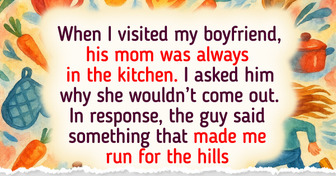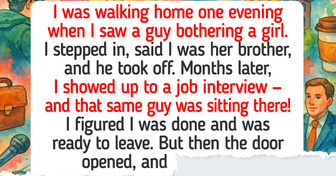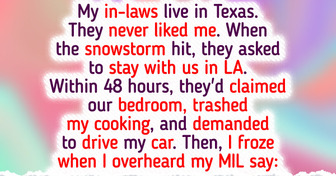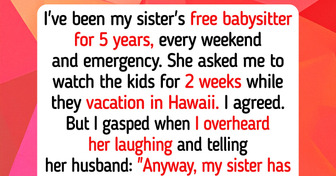18 Seniors Whose Sharp Wit Proves Humor Only Gets Better With Age

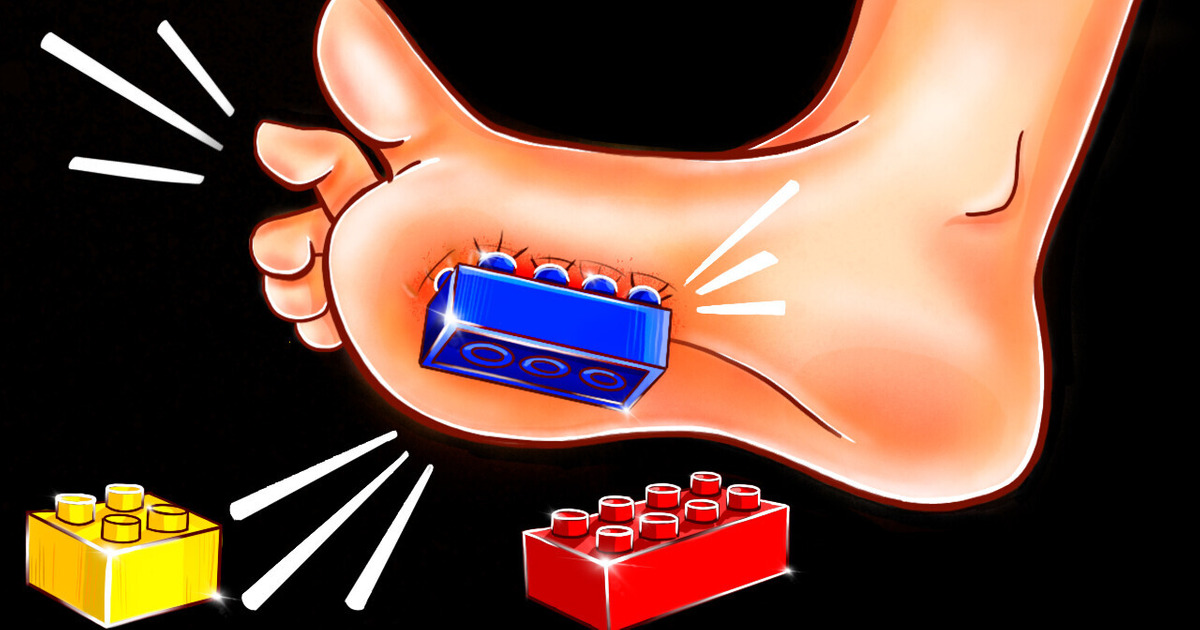
Your feet are home to around 7,000 nerve endings. They have to be this sensitive to keep you balanced and not flip over. All those nerves constantly send information to your brain.
It uses more power to process it than on the data from your entire torso. So, when anything happens to your feet, like extra pressure, change of temperature or stepping on something sharp like Legos — it really hurts a lot!
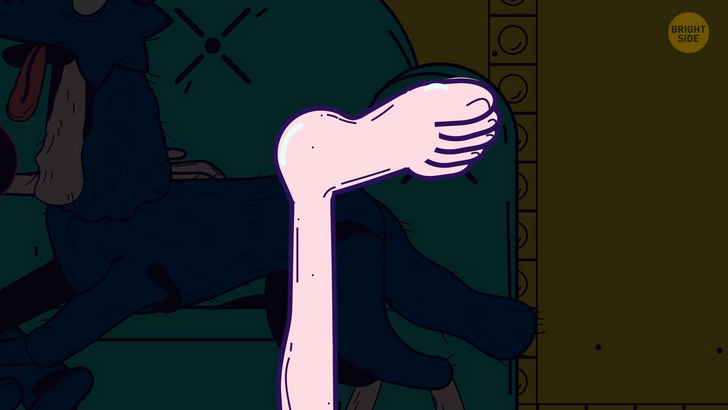
Lego bricks are made of three plastic polymer components. It makes them super resistant and strong. It would take a big horse or a piano to compress a Lego. When you step on it with all your weight focused in one point on a solid surface, all of its super strength strikes back at you. It gets right into that huge bundle of nerves making things even worse.
Things are slightly better on a soft rug, but that doesn’t solve the problem. Lego felt so guilty of all the pain it causes they even created anti-LEGO slippers. The slippers with an open back fit both right and left feet. They have so much padding on the insoles you could step on a huge brick and feel nothing. The slippers were a limited edition of 1,500 units. Random Lego fans received them as a gift from the company.
Stubbing your toe hurts so much because you’re exposing its tiny surface to the force of a karate punch. It’s packed with nerve endings that aren’t protected by much fat padding. The pain signal instantly fires into your brain. This used to save people long before antibiotics were invented. People were more careful about where they step to avoid all that pain. This saved them from lots of trouble.
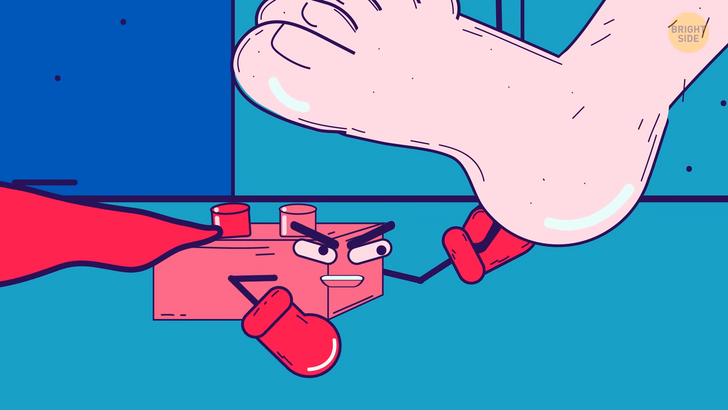
Researchers are still not 100% sure why some people are more ticklish than others. Some think it might be genetic, or has to do with how sensitive your skin is. You’re normally most ticklish in the most vulnerable places, like the abdomen or throat. It could be a natural reflex to push away the intruder. Most people become less ticklish as they get older and when they’re sad or angry.
You see someone yawn and yawn back at them for the same reasons you imitate the words and actions of others. It’s a primitive unbeatable reflex of people and some animals like chimpanzees and dogs. Research has shown contagious yawning is also a sign of empathy and bonding. The more you try to stop yourself from yawning, the more you want to yawn.
You feel so good after a sneeze because it’s a massive tension release. When that happens, your body releases the so-called feel-good chemical — endorphin. A lot of things, from plucking your eyebrows to working out and staying in the bright sun can make you sneeze. You can’t sneeze in your sleep because your sneezing nerves are also sleeping.
Sneezing is important to your body because it clears the nose of bacteria and irritating stuff and also keeps the mucus level in balance. Sometimes one sneeze isn’t enough to do all that, or it would have to be too powerful for you to handle. That’s why sometimes you sneeze a few times one after another to make sure it worked.
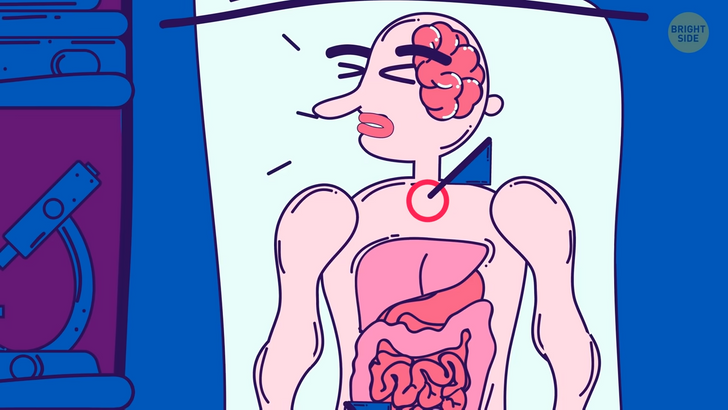
You’ve inherited goosebumps from your animal ancestors. Their hairs stand up when they’re cold or scared. As the hair coat rises, it becomes thicker and keeps them warm or makes them look bigger. You have way less hair than animals, so this feature is mostly useless. Still, you get goosebumps in the same situations plus when you’re emotional. The tiny muscles under your skin contract, making the hairs stand up and the areas around them protrude.
You feel super tired after a long time in the sun because it makes you lose water faster and your body temperature rise. Your body and your heart have to work harder to keep the temperature normal and deliver all the vital fluids to your organs. Staying in the sun also takes down your sleep hormone levels. When you get into a darker place, it all rises again. If you want to stay active longer after a day on the beach, keep the lights bright indoors.
Cuddling, hugs and holding hands make you happier because they release the “feel good” hormones. They lift your mood, reduce stress, and also improve your immune system. Even seeing images of other people hugging can give you this effect.
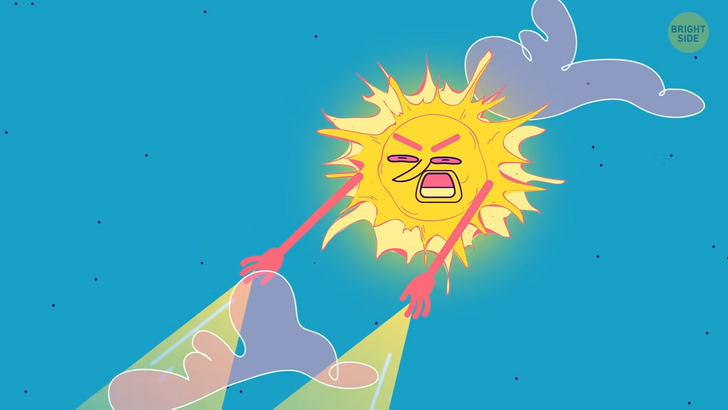
Your skin gets wrinkled after five minutes in the water thanks to evolution. A long time ago, your ancestors needed a way to grip in both wet and dry conditions. So their skin adapted to look like a tiny river drainage system. Little streams on your skin unite into larger channels that flow into a central river, driving water away from your fingers and toes after long contact with water.
You feel the instinct to stretch your arms over your head first thing in the morning to wake up your muscles. They lose tone overnight and there’s fluid moving along your back. When you stretch, the fluid goes back where it belongs.
It also helps your heart get back into its normal work mode after a night of pumping at slower speeds. Cats and dogs also do it for the same reasons. You fall asleep faster in a colder room because it signals to your body it’s time to sleep. It needs to lose some heat when you get in bed to conserve energy on maintaining your temperature overnight. Cooler air also helps you sleep all night without waking up and boosts your metabolism.
You sometimes see stars when you stand up from lying down or sitting because of a sudden drop in blood pressure. This drop messes up brain function for a brief moment. It can cause stars, flashing lights, bands of light, sparks or colorful rings. You can also see them after you rubbed your eyes or sneezed.
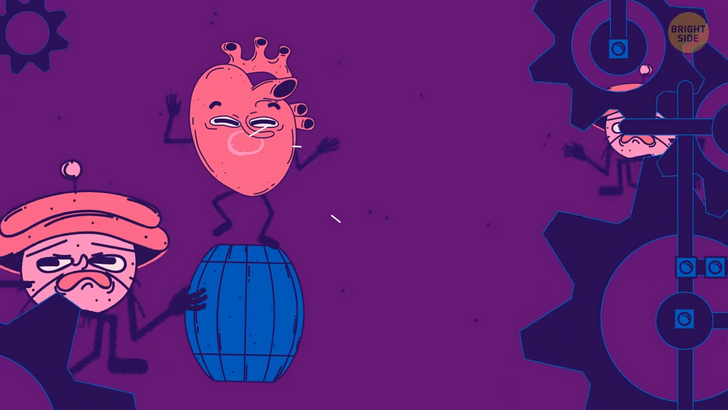
When you speak, you hear both the sound coming from the outside and conducted through your own vocal cords. The acoustics in your skull lowers the voice and adds some bass notes. When you hear your voice in recording, it seems higher and different because you lose these rich low frequencies. That’s why most people dislike the sound of their own voice. It’s just nothing like what you expected it to be.
You rarely like your own photos because of the mere exposure effect. It says the more you see something, the more you like it. When you look at yourself in the mirror, the image is reversed. You aren’t used to the real image and that’s why you don’t like it.
You get hangry — that’s hungry when angry — when your glucose levels drop. You get it from carbs, proteins and fats in your food. After some time passes, your brain is sending an SOS signal. It can’t function properly without glucose. One more reason for your hanger is that the same genes cause both hunger and anger. They must be in balance to keep you full and happy.
Your funny bone is a nerve that runs from your neck down to your hand. It’s well protected at all points along the way except for your elbow. It’s only covered by skin and fat there. That’s why when you hit your elbow it hurts so much. You’re hitting on the nerve, and the pain travels down the forearm and hand into your fingers.
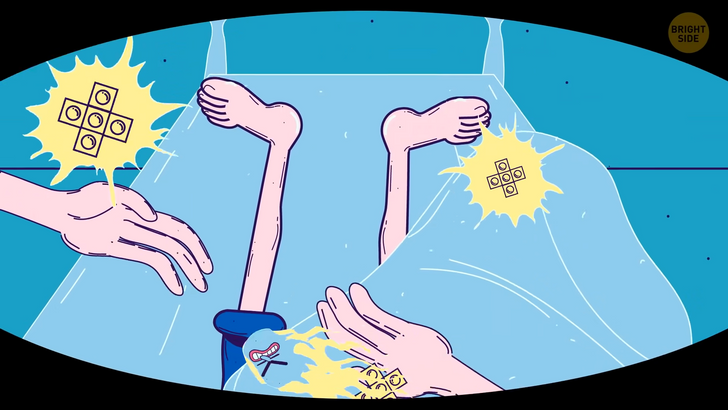
The joy you feel about popping bubbly wrap has its roots in the human evolution. A long-long time ago, people spent most of their time running from predators. Now it’s all about sitting. A lot of muscle tension builds up because you hardly move. Popping bubble wrap is one of the ways to release that tension. It takes down stress levels and releases feel-good chemicals. Like other kinds of fidgeting, it also increases your attention span and helps you remember what you learned better.
Your ear is especially sensitive to sounds in a high-pitch range. It’s built in such a way that they sound even louder to you. That’s why no one likes the sound of chalk scraping on a chalkboard. The disgust is stronger when you know it’s the sound of chalk. If someone tells you it’s contemporary music, you’ll perceive it as bearable. So it’s also a thing of habit.
Your legs and feet go numb or fall asleep after you keep them crossed, kneel, sit on the feet or wear pants, socks, or shoes that are too tight. That’s normal and happens because you put too much pressure on the nerves and limit the blood flow. Standing up and moving your legs is the easiest cure.
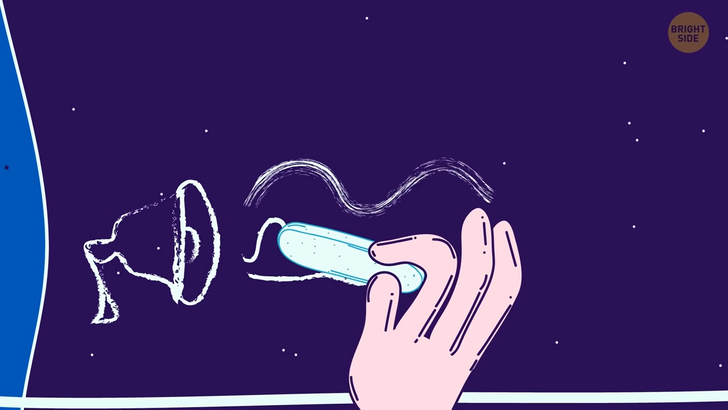
You often have a raspy voice in the morning when you didn’t get enough sleep. That’s because your vocal cords didn’t get enough rest and are slightly swollen. It also happens when you sleep in a room with dry air.
When you eat right before bed, your body has to digest food in your sleep. Stomach acid can travel where it doesn’t belong and mess up your vocal cords, too.


